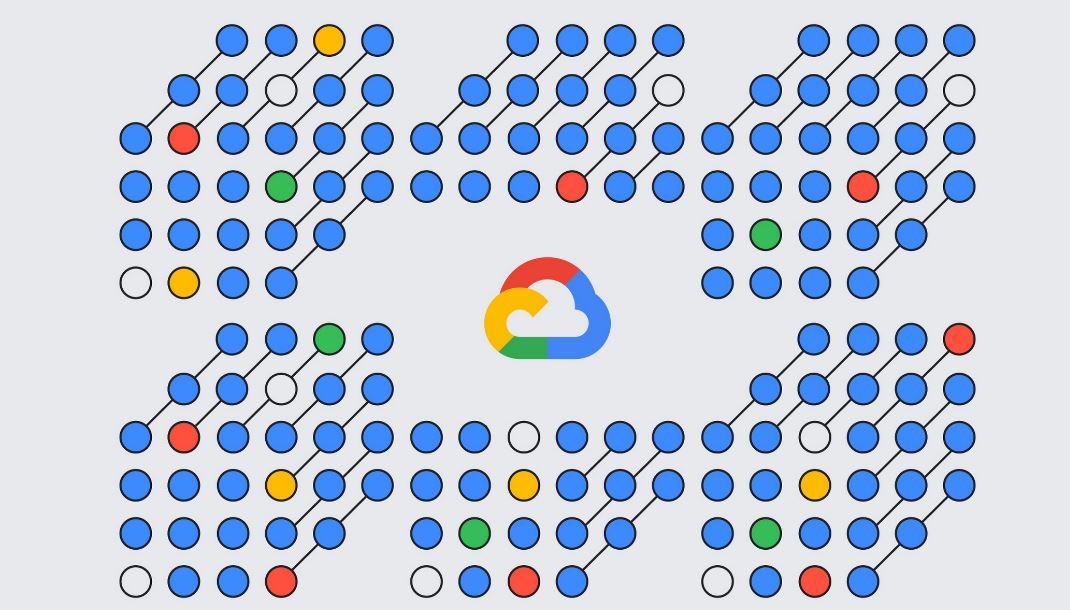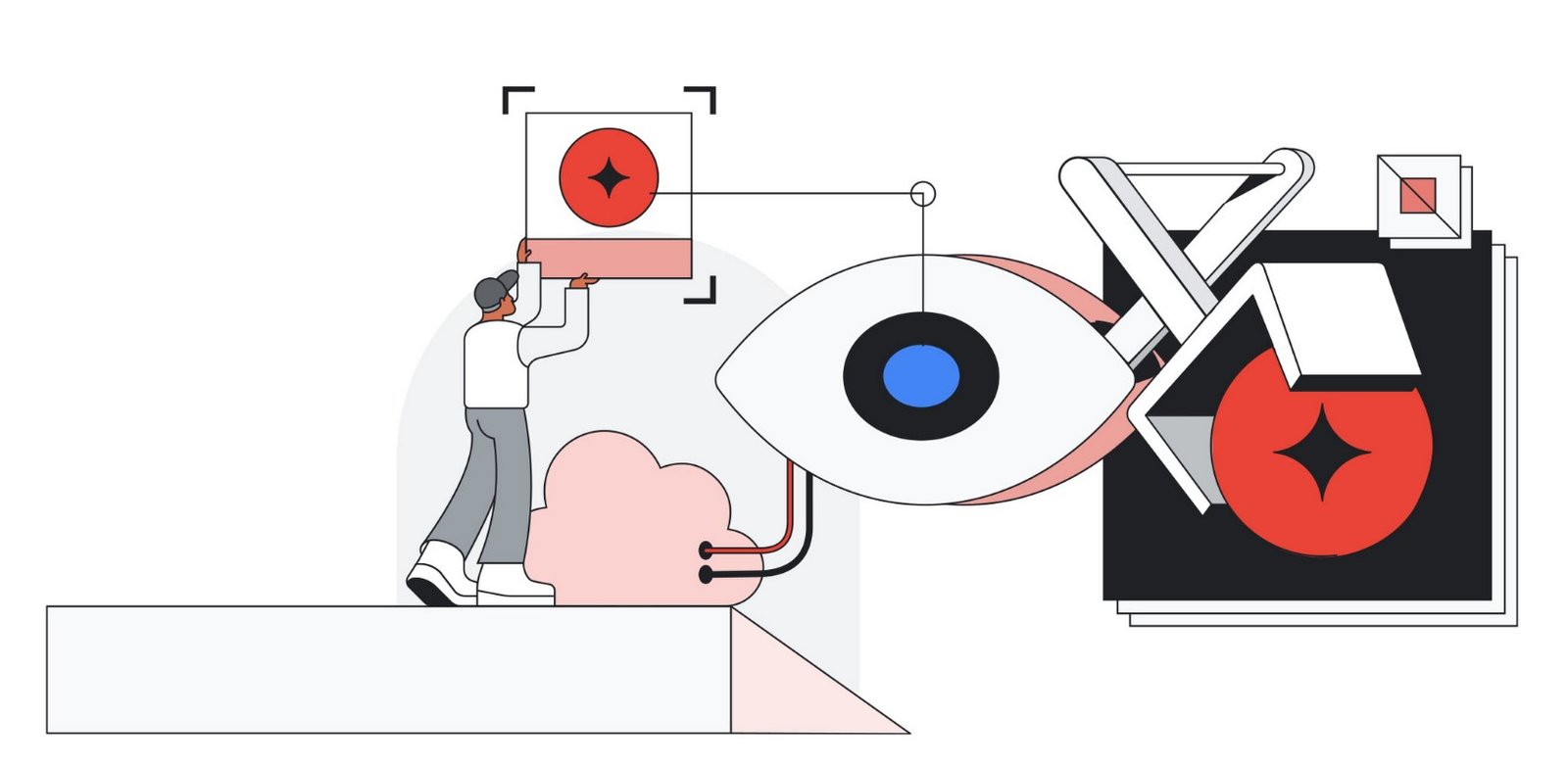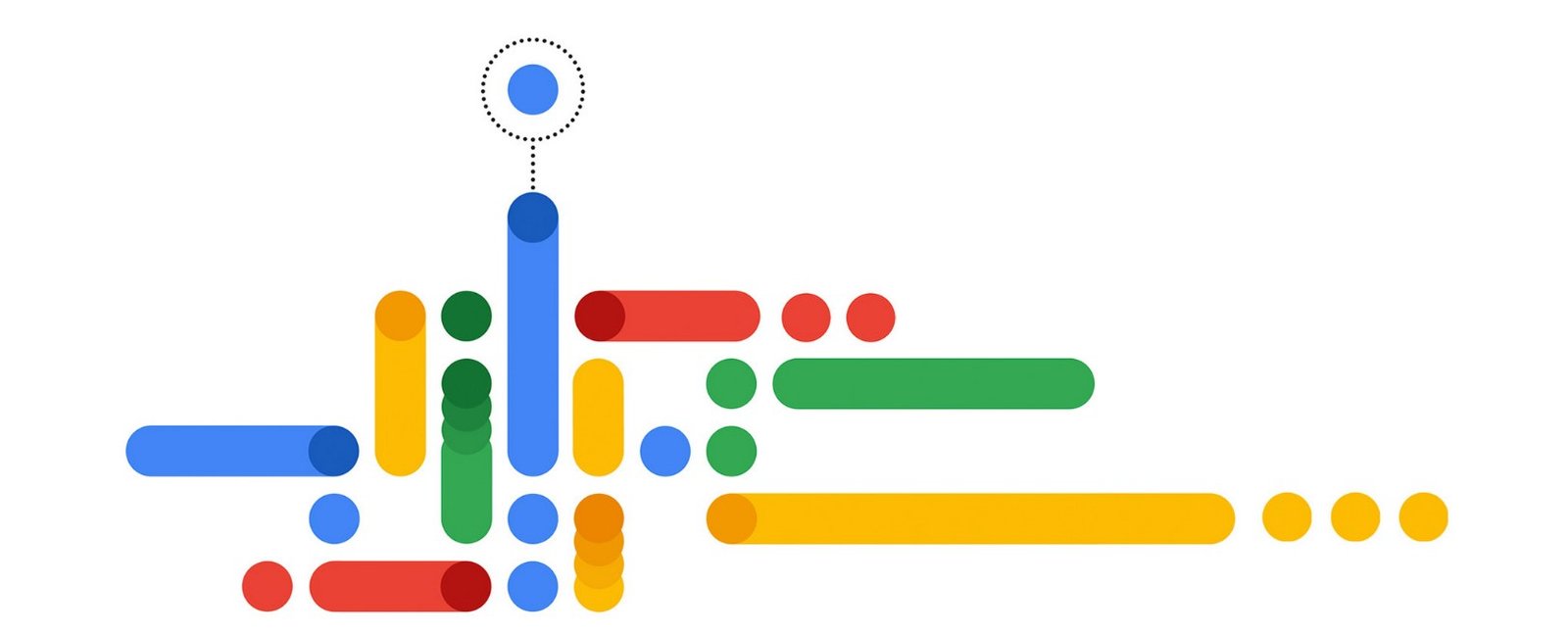Pros:
1. Interactive, web-based environment for data analysis and machine learning, built on the popular Jupyter Notebook platform.
2. Seamless integration with GCP services, such as BigQuery, Cloud Storage, and Cloud ML Engine, allowing easy access to data and machine learning capabilities.
3. Collaboration features for sharing notebooks and analysis results with team members.
4. Support for popular data processing and machine learning libraries, such as TensorFlow, scikit-learn, and pandas.
Cons:
1. Costs can add up over time, especially if using high-performance Compute Engine instances.
2. Limited integration with non-GCP data sources and services, compared to using Jupyter Notebooks in a self-managed environment.
3. Less flexibility in customizing the environment and installing additional libraries compared to a self-managed Jupyter Notebook setup 4. Although Cloud Datalab provides a rich set of pre-installed libraries, some users might face compatibility issues or limitations when working with specific libraries or custom dependencies.
5. As Cloud Datalab is built on Jupyter Notebooks, users familiar with alternative notebook platforms like JupyterLab or RStudio might experience a learning curve when adapting to the environment.
6. The autosave feature in Cloud Datalab might not be as frequent as some users would like, making it essential to save work manually and regularly to avoid potential data loss.
7. There might be performance limitations when working with large datasets or computationally intensive tasks, depending on the selected Compute Engine instance type.
In summary, Google Cloud Datalab is a powerful and versatile interactive data analysis and machine learning environment based on Jupyter Notebooks. Its seamless integration with GCP services and support for popular data processing and machine learning libraries make it an attractive choice for developers and data scientists working within the GCP ecosystem. However, it is essential to carefully consider the costs and limitations associated with using a managed service like Cloud Datalab compared to a self-managed Jupyter Notebook environment. Additionally, users should be mindful of saving their work regularly and selecting appropriate Compute Engine instances for their specific use cases to optimize performance and minimize costs.




